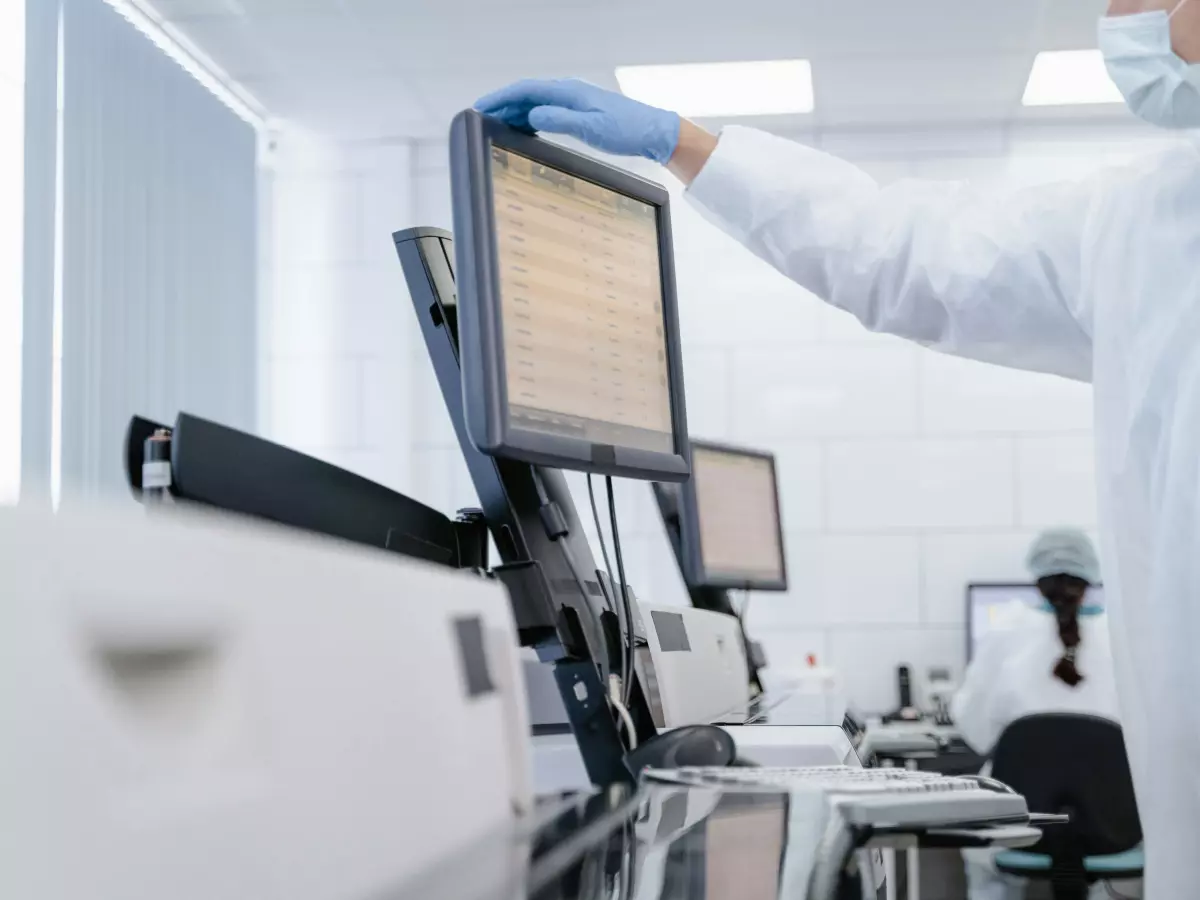Quantum Quarks
Imagine trying to solve a Rubik's cube, but instead of twisting and turning the sides, every move you make instantly affects all the other cubes in the universe. That's the wild world of quantum entanglement. Now, picture this concept applied to the tiniest particles in existence—quarks. Could this be the next frontier in quantum computing?

By Liam O'Connor
Quantum entanglement is one of those mind-boggling phenomena that even Einstein couldn't quite wrap his head around. He famously called it "spooky action at a distance," and for good reason. When two particles become entangled, their states are linked, no matter how far apart they are. Change one, and the other responds instantly. This is no sci-fi plot; it's the real deal, and it's already being used in quantum computing with atoms and photons.
But what if we could take it a step further? What if we could entangle quarks—the fundamental building blocks of matter? According to Futura Sciences, this could be the next big leap in quantum computing. Quarks are the tiniest particles we know of, and they make up protons and neutrons, which in turn make up atoms. If we could harness the power of entangled quarks, we might be able to create quantum computers that are faster, more powerful, and more efficient than anything we've ever seen.
Why Quarks?
So, why quarks? Well, for one, they're incredibly small. The smaller the particle, the more potential it has for quantum computing. Quarks also have a property called "color charge," which makes them even more interesting for quantum entanglement. In theory, entangling quarks could allow us to process information at speeds that make today's quantum computers look like abacuses.
But there's a catch. Quarks are notoriously tricky to work with. They're never found alone; they're always bound together in groups of two or three, held together by the strong nuclear force. This makes isolating and entangling them a monumental challenge. However, if scientists can crack this code, the possibilities are endless.
What Could This Mean for the Future?
If we can figure out how to entangle quarks, the implications for technology—and for our understanding of the universe—are staggering. Quantum computers using quarks could solve problems that are currently unsolvable, from cracking complex encryption codes to simulating the behavior of molecules for drug discovery. They could also help us understand more about the fundamental forces of nature, like gravity and electromagnetism.
But let's not get ahead of ourselves. We're still a long way from building quantum computers with entangled quarks. Right now, scientists are focusing on entangling larger particles like atoms and photons. But as our understanding of quantum mechanics deepens, who knows what the future holds?
What Can You Do?
So, what can you do with all this mind-bending information? Well, for starters, stay curious. The world of quantum computing is evolving fast, and keeping up with the latest developments could give you a front-row seat to the next technological revolution. Whether you're a tech professional, a gadget enthusiast, or just someone who loves a good sci-fi story, quantum computing with quarks is something to keep an eye on.
And who knows? Maybe one day, you'll be using a quantum computer powered by entangled quarks to solve problems we can't even imagine today. The future is quantum, and it's closer than you think.





